Yoshihide Suga Wins Party Vote, Becoming Likely Next Japan PM
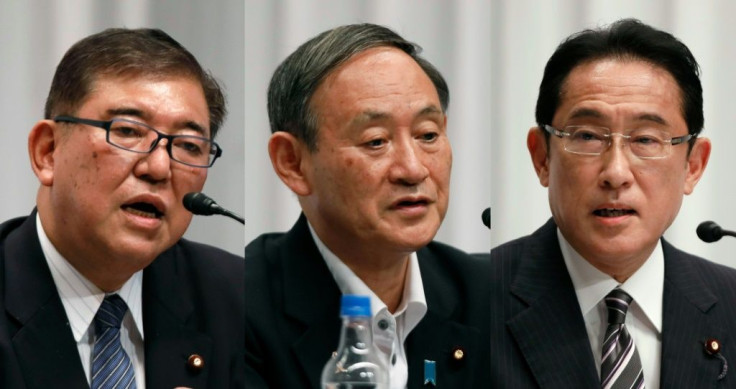
Japan's chief cabinet secretary Yoshihide Suga is set to become the country's next prime minister after the ruling party on Monday elected him successor to outgoing leader Shinzo Abe.
Suga easily won the vote, taking 377 of the 534 valid votes cast by Liberal Democratic Party lawmakers and regional representatives, significantly ahead of his two rivals.
Given his party's legislative majority, he is expected to handily win a parliamentary vote Wednesday and become prime minister, succeeding Abe, who is resigning for health reasons.
The 71-year-old repeated his pledge to continue Abe's policies as he accepted the party's nomination as leader.
"In order to overcome the crisis and give the Japanese people a sense of relief, we need to succeed in what Prime Minister Abe has been implementing," he added.
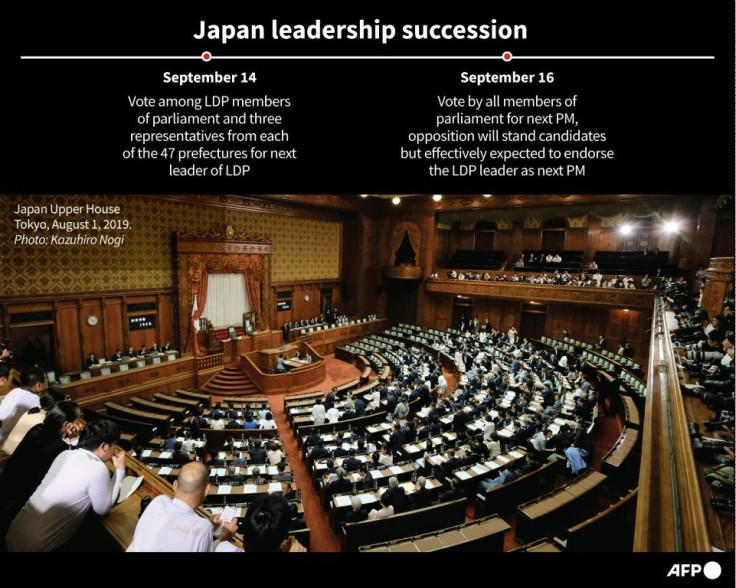
"This is my mission."
Even before he formally announced his run, the 71-year-old Suga had won the support of key factions within the ruling party, with his candidacy viewed as promising stability.
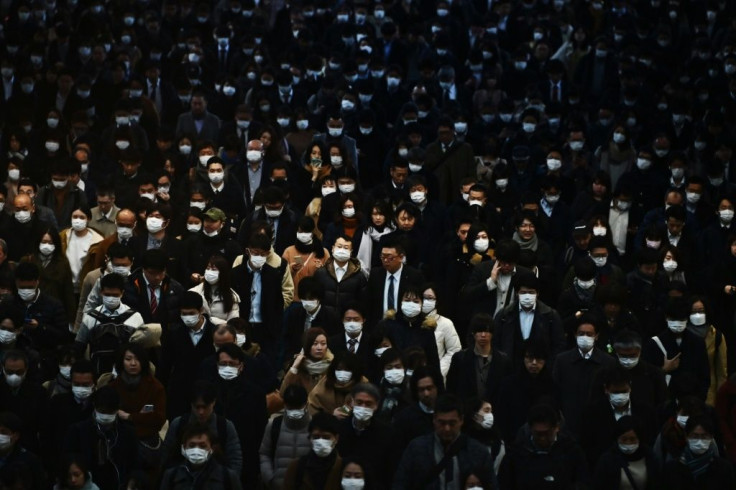
The LDP chose to poll only its lawmakers in parliament and three representatives from each of the country's 47 regions, eschewing a broader ballot including rank-and-file members that officials said would have taken too long to organise.
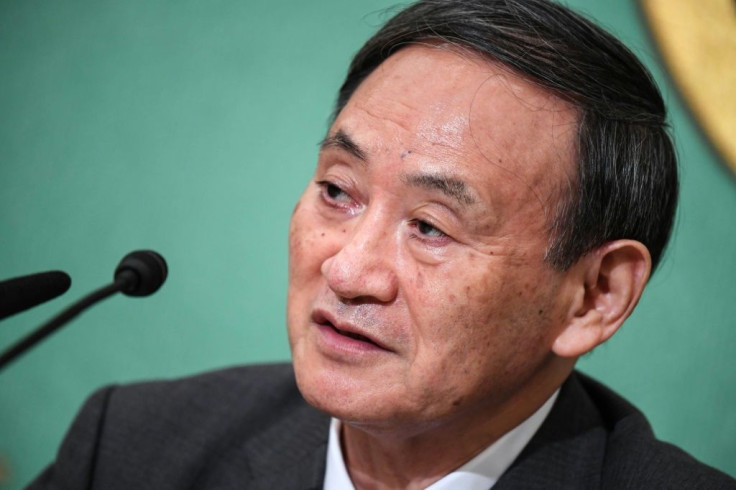
Suga beat off the competition of former defence minister Shigeru Ishiba and LDP policy chief Fumio Kishida.
Abe, who smashed records as Japan's longest-serving prime minister with more than eight years in power over two terms, declined to endorse any one candidate.

But he pledged to "fully support" Suga after his win, saying he had watched him "working hard and quietly for the nation and people" in his role as chief cabinet secretary.
"Let's build a shining Japan by overcoming the coronavirus crisis, with new LDP chief Suga at the helm," he added.
Abe made the shock announcement he would step down with a year left in his mandate in late August, saying a recurrence of the ulcerative colitis he has long battled made it impossible for him to stay on.
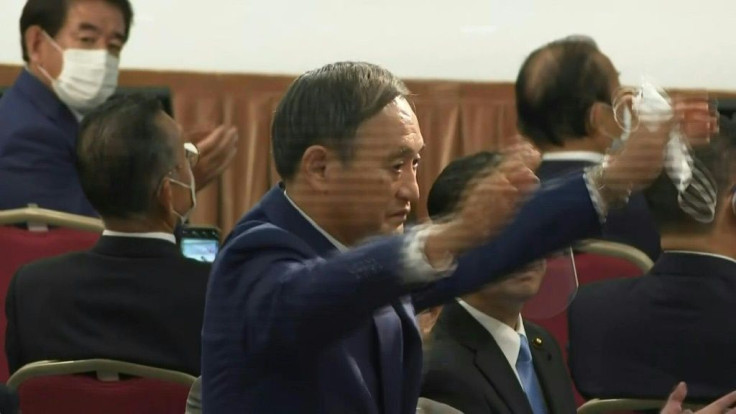
Analysts say Suga is unlikely to make any major agenda reversals, and the candidate himself has said his run is intended to ensure a continuation of Abe's key policies.
The next prime minister will face a raft of complicated challenges.
The country was already in recession before the coronavirus pandemic, and many of the gains of the signature Abenomics economic policy are now in danger.
Suga has said kickstarting the economy will be a top priority, along with containing the virus -- essential if the postponed Tokyo 2020 Olympics are to open as planned in July 2021.
There are also diplomatic challenges on the agenda, including protecting the US alliance and navigating ties with China as global opinion hardens against Beijing after the coronavirus and unrest in Hong Kong.
"Now is a difficult time for Japan as the US is putting pressure on China," said Makoto Iokibe, a professor of political and diplomatic history at the University of Hyogo.
"But simply following the path Washington is pursuing and raising tensions with China is not in Japan's interest," he told AFP.
One key unknown is whether Suga will decide to call a snap general election to consolidate his position and avoid being seen as a caretaker facing a new vote in a year -- when Abe's mandate would have ended.
Several senior government officials have mooted the possibility, perhaps as early as October, but Suga has been circumspect so far.
Asked on Monday evening, he said it would be "quite hard" to call elections until the coronavirus "completely winds down."
A large part of Japan's fractious opposition has recently come together in a new bloc, hoping to pose a stronger challenge to a ruling party that has held power for all but a few years in the last six decades.
"Mr Suga is capable of implementing policies by controlling bureaucrats, but his weakness is in winning the heart of the public," said Iokibe.
© Copyright AFP {{Year}}. All rights reserved.





















